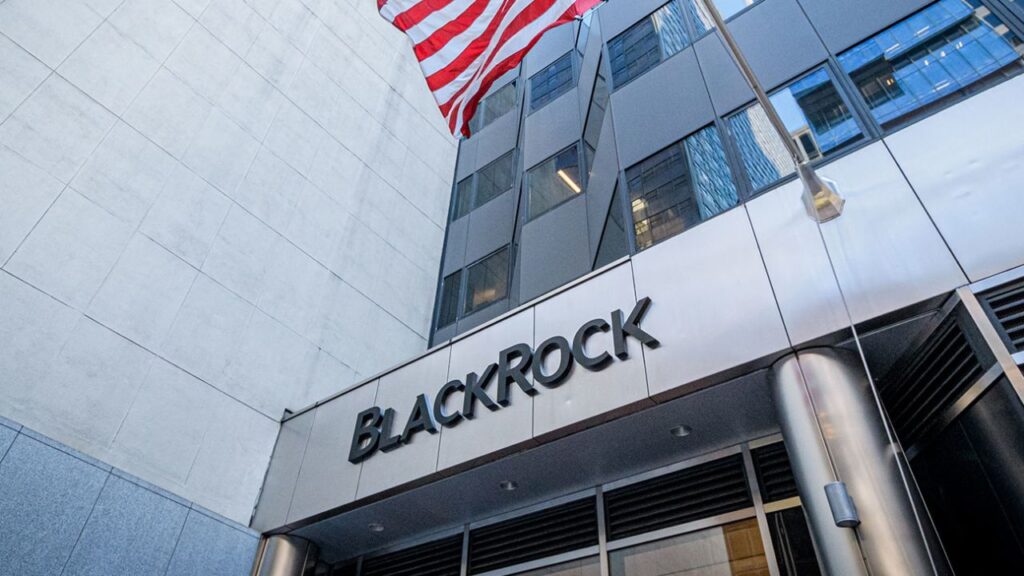Binance Holdings and its former CEO, Changpeng Zhao, have responded to a recent development in their legal battle with the United States Securities and Exchange Commission (SEC).
The SEC sought to include Binance’s admission of guilt to the Department of Justice (DOJ) in its ongoing legal proceedings.
In a filing submitted on December 12th to the U.S. District Court for the District of Columbia, Binance firmly contested the SEC’s move, arguing that it was procedurally incorrect and should be disallowed.
The legal dispute between Binance and the SEC commenced on June 5, 2023, when the SEC levied accusations against the company, alleging 13 violations of securities laws.
Among these allegations were claims that Zhao and Binance had mishandled customer assets on Binance.US and engaged in the improper mixing or redirection of these assets.
In November, the DOJ reached a separate settlement with Binance and its former CEO, effectively resolving its investigation into the company.
The terms of the agreement required Binance to pay a substantial $4.3 billion in penalties while permitting the company to continue its operations while complying with U.S. regulatory standards.
READ MORE: Solana’s Bonk (BONK) Emerges as Third-Largest Memecoin, Surpassing Pepe in Market Cap Surge
Although the SEC was not formally included in this settlement, the agency contended that the federal court overseeing its case against Binance should take into account the statements and acknowledgments made by Binance and Zhao during the November settlement.
The SEC’s argument was that these settlements demonstrated Binance’s awareness of its U.S. operations, its service to U.S. customers, and its reliance on U.S. infrastructure for transactions.
Binance, in response, contended that the SEC had failed to establish how the resolutions with the DOJ were relevant to the SEC’s allegations against Binance Holdings and Zhao.
In their court papers submitted on December 12, 2023, Binance argued that the SEC’s notice did not provide substantiation for the claims made in the original lawsuit from June 2023.
They stated that the SEC’s notice was essentially an impermissible attempt to introduce new factual information and arguments rather than citing new legal authority, which was reason enough to disregard it.
Furthermore, Binance asserted that presenting a judicial notice should not be seen as a substitute for amending a complaint.
According to the company, the SEC’s attempt to leverage settlements with other agencies indicated a lack of clarity regarding the appropriate regulatory jurisdiction within the SEC’s purview.









